Landmark major emergency law inquiry warns of new ‘threats’ that risks state ‘sovereignty’
The Covid pandemic, River Murray flood crisis, bushfires and statewide blackout were all declared major emergencies over past 20 years. Now, a major inquiry identifies new threats risking state.
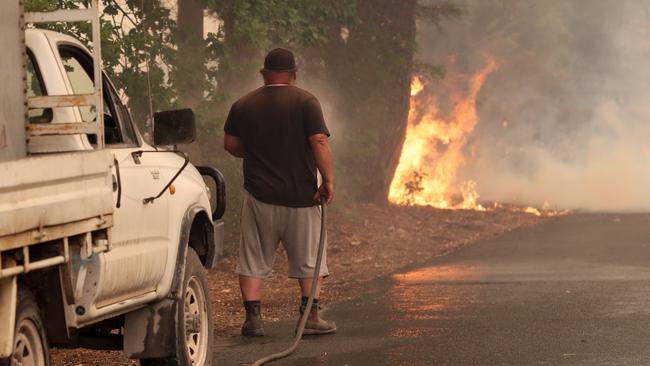
SA News
Don't miss out on the headlines from SA News. Followed categories will be added to My News.
South Australia is vulnerable to “growing” cyber attacks, bioterrorism and artificial intelligence crime threats, especially to the $368bn AUKUS subs deal, amid more extreme natural disasters, a landmark inquiry has concluded.
An independent review of major emergency laws, reserved for the most serious incidents over two decades, investigated how authorities respond, manage and recover from catastrophes threatening the state’s security.
The review, from eminent former public servants, urged three dozen reforms including a new “recovery” tszar and a staged “state of alert” declaration for more proportionate responses.
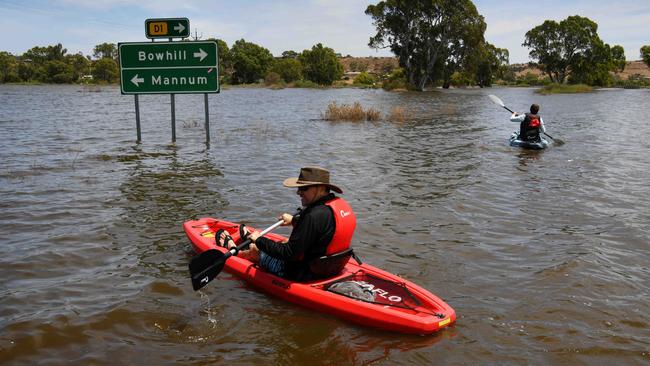
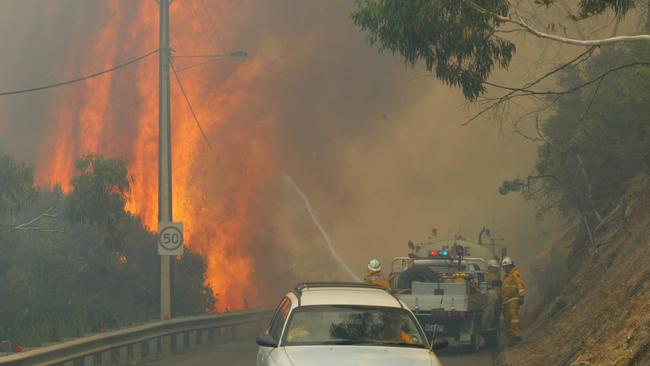
The Covid pandemic, River Murray flood crisis, natural disasters such as bushfires and the statewide blackout are among 10 Emergency Management Act declarations since 2004.
The unprecedented laws appoint the police commissioner as state co-ordinator, who then leads operational responses using “extraordinary and extensive” enforcement powers.
The 11-month inquiry into the “last resort” laws – after cabinet, politics, government, law enforcement, industry and community consultation – identified emerging “climate event” risks, biosecurity dangers and more intense natural disasters.
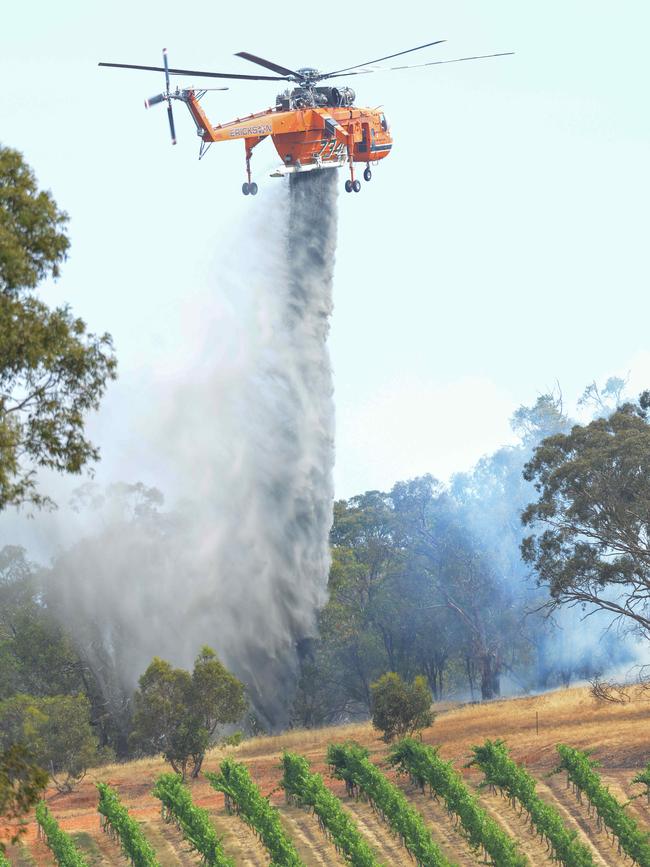
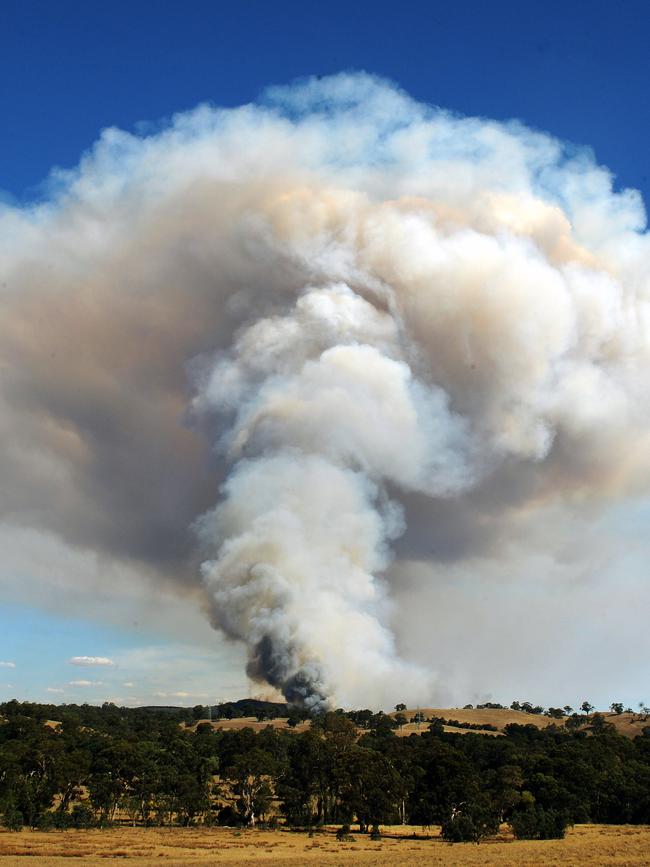
The $396,000 whole-of-government inquiry, the first of its type, identified new state “sovereignty” threats and urged a legal overhaul to protect from cyberterrorism, hackers and espionage including foreign interference from spies.
Authorities have reported “growing” potential hazard emergencies such as space junk, malicious critical infrastructure sabotage, kinetic terrorism, bioterrorism, radiological contamination, space weather, asteroid or extraterrestrial bodies hitting earth, pandemics and other biosecurity crisis.
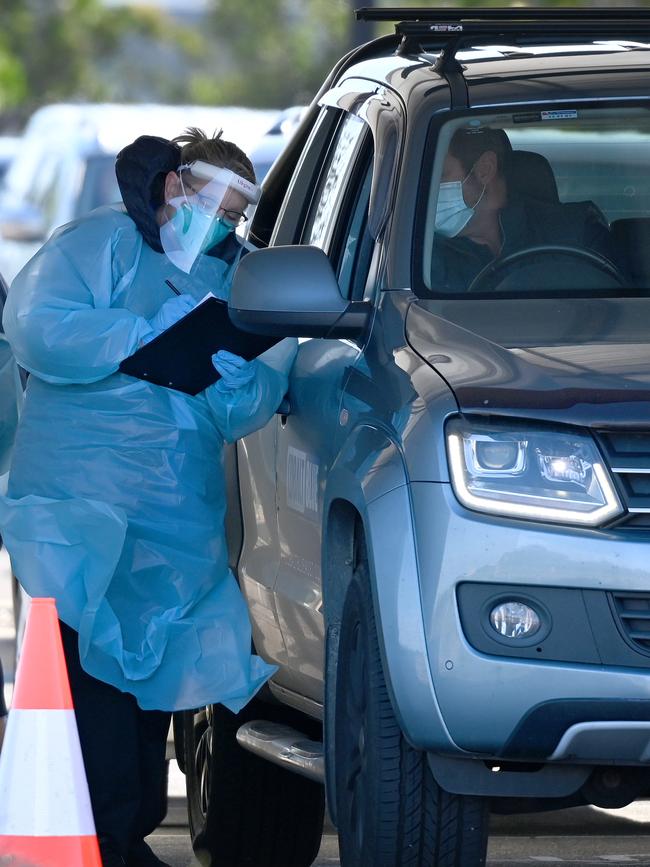
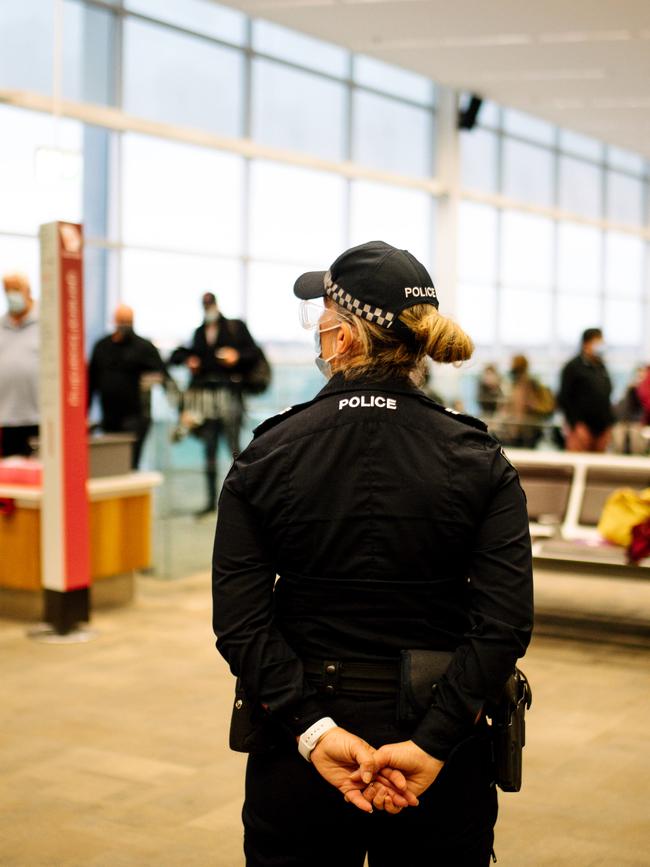
“With rapid technological advances in areas such as artificial intelligence, cybercrime, and space exploration, new types of emergencies may need to be managed,” the report found.
Its final report, formally tabled in state parliament last week after Cabinet talks, urges the state government to “prioritise introducing cyber security legislation”.
It warned the tri-nation AUKUS nuclear-powered submarine deal with America and Britain needs better protections.
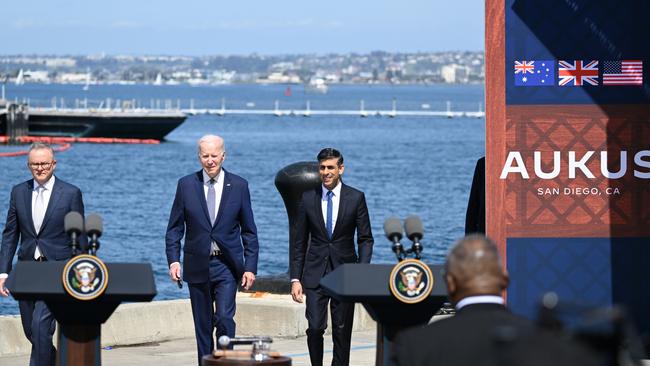
With SA “playing a central role in AUKUS”, the government should immediately develop “cyber-specific” legislation to “provide a strong foundation” for the landmark project, the review found.
The authors noted the Australian government wants to be a “world-leader” in cyber security,
Covid-19 highlighted a need to respond to “unprecedented emergencies” of increased complexity or “compounding” events, investigators found.
“(This) may impact supply chain disruption, scarcity of goods and services, and matters related to South Australia’s sovereign capability to achieve safety, health and wellbeing, food, and infrastructure security,” the report noted.
The 104-page review, based on 89 direct or written submissions, recommended the police commissioner retain emergency response leadership as state co-ordinator rather than political appointments such as the premier or cabinet ministers.
The Labor Opposition led political attacks on former Liberal Premier Steven Marshall during the pandemic, criticising him for ceding power to Police Commissioner Grant Stevens and chief public health officer, Professor Nicola Spurrier.
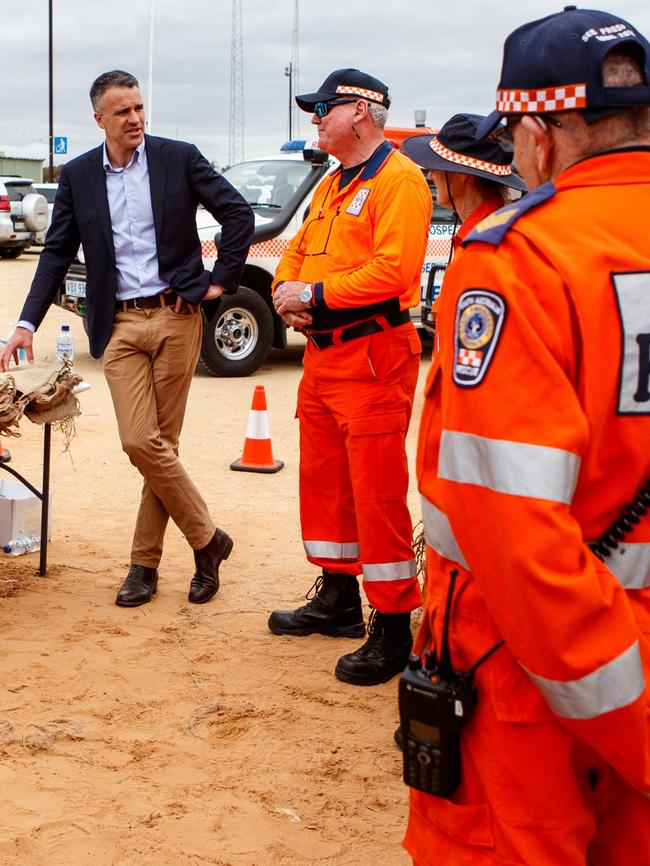
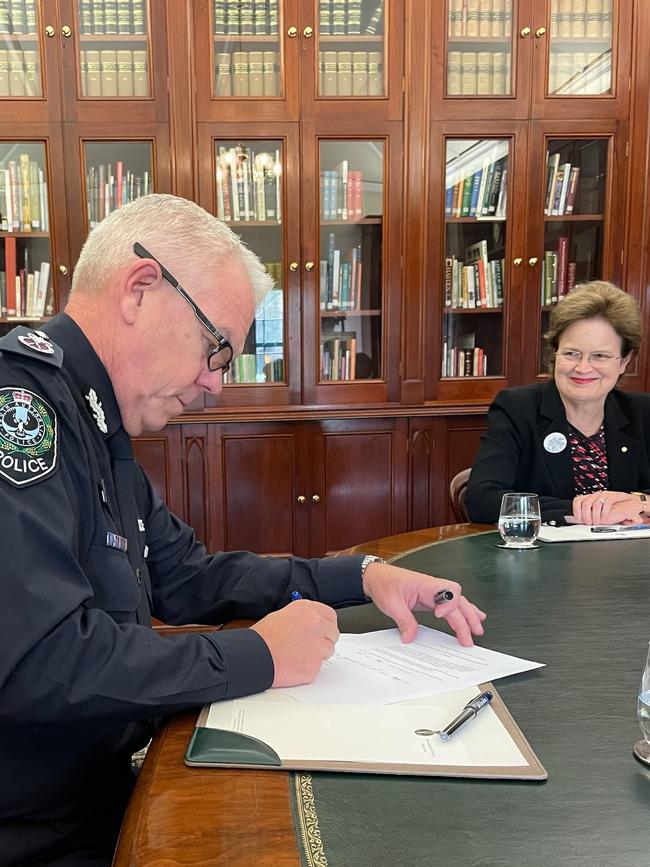
A new “state of alert”, which Mr Marshall supported, will avoid a “blunt and binary” tool and allow for emergency “waves”.
The term, which authorities will decide what to call, can “flex up” or “step down” responses.
Other overhauls ministers accepted or agreed in principle, included new volunteer and employment protections and remedies, liability protections against “adverse” workers compensation claims and fresh rules to mobilise public servants.
Among 28 recommendations and nine “observations” were better power blackout and electricity supply shortage responses.
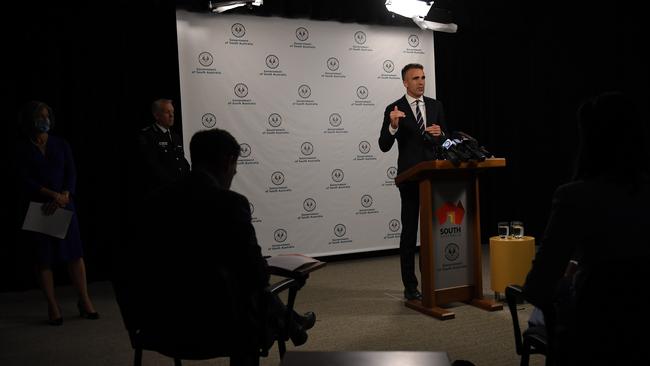
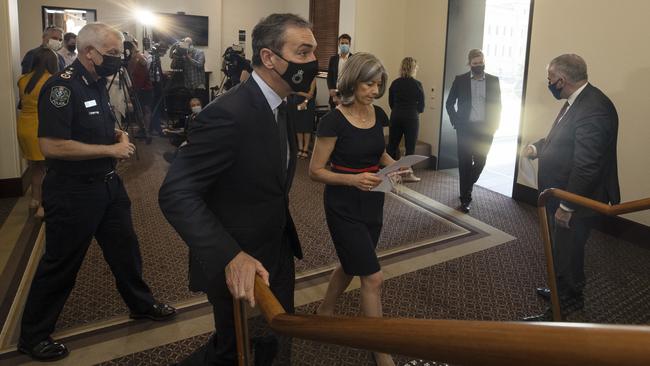
Recovery rules will allow access to private properties and temporary structures.
“Response powers are significant and are designed to be used as a last resort – when all other emergency management arrangements are insufficient to manage the (event),” it noted.
The review, coming eight years after a smaller audit, urged administrative changes to focus on “mitigation”, accountability, communications, committee functions and political oversight.
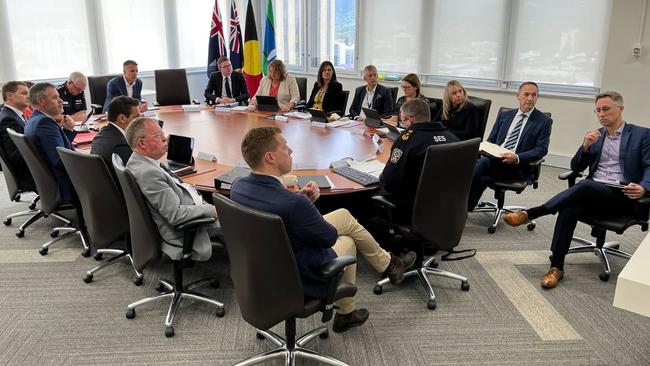
While the legislation, which replaced the State Disaster Act, was “sound”, it needs to better deal with climate emergencies and “resilience”, which review found was a common complaint.
“The review accepts … the increasing duration, complexity severity and impact of climate events is concerning,” concluded authors, former Attorney-General department boss Ingrid Haythorpe and ex Premier and Cabinet deputy chief executive Tahnya Donaghy.
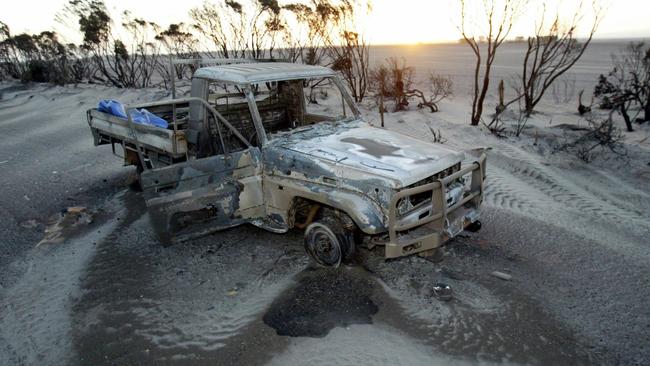
“This means it is likely more severe and more frequent climate-related events will occur, including bushfires, floods, heatwaves, droughts and pandemics.”
Despite extensive planning for medical emergencies before Covid-19’s destruction from early 2020, the review said SA laws weren’t adequate for an “unprecedented” pandemic.
During the 793-day Covid declaration, Mr Stevens imposed 289 legal directions for lockdowns, quarantines, gathering restrictions, vaccines, mask and other health mandates.
Premier Peter Malinauskas, who tabled the report in parliament, said the important, and comprehensive, review would better protect and rebuild communities.
He said the “scale, impacts and consequences” of extreme events “far exceeded all other emergency events in our state’s history”.
“The increasing complexity … will also present new challenges for the emergency (services) and the state more broadly,” he told MPs.
More Coverage
Originally published as Landmark major emergency law inquiry warns of new ‘threats’ that risks state ‘sovereignty’






